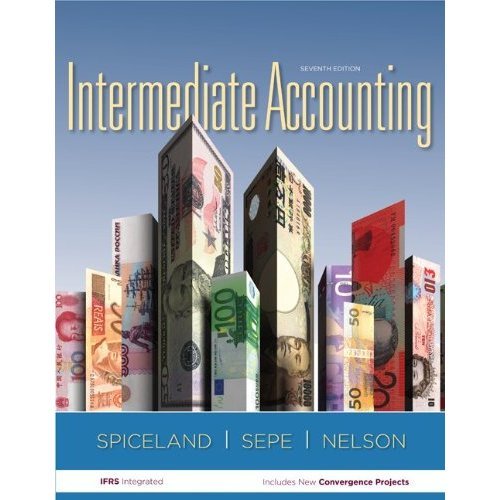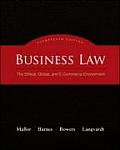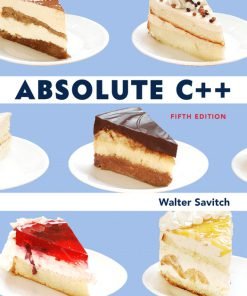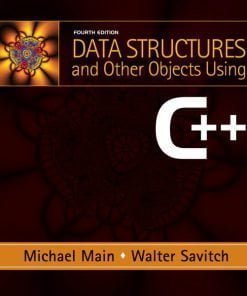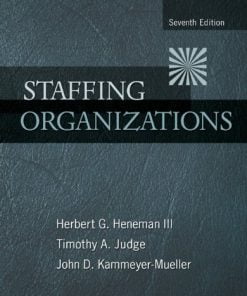Intermediate Accounting Spiceland 7th Edition Solutions Manual
$35.00 Original price was: $35.00.$26.50Current price is: $26.50.
Intermediate Accounting Spiceland 7th Edition Solutions Manual
Intermediate Accounting Spiceland 7th Edition Solutions Manual
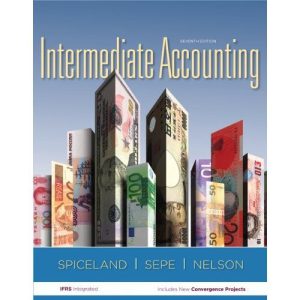
People also search:
Intermediate Accounting Solution Manual
Intermediate Accounting 7th Solution Manual
Intermediate Accounting 7th Spiceland Sepe Nelson Solutions Manual
Intermediate Accounting Spiceland Sepe Nelson 7th Edition Solutions Manual
Table of Contents
1. Environment and Theoretical Structure of Financial Accounting
2. Review of the Accounting Process
3. The Balance Sheet and Financial Disclosures
4. The Income Statement and Statement of Cash Flows
5. Income Measurement and Profitability Analysis
6. Time Value of Money Concepts
7. Cash and Receivables
8. Inventories: Measurement
9. Inventories: Additional Issues
10. Property, Plant, and Equipment and Intangible Assets: Acquisition and Disposition
11. Property, Plant, and Equipment and Intangible Assets: Utilization and Impairment
12. Investments
13. Current Liabilities and Contingencies
14. Bonds and Long-Term Notes
15. Leases
16. Accounting for Income Taxes
17. Pensions and Other Postretirement Benefits
18. Shareholders’ Equity
19. Share-Based Compensation and Earnings per Share
20. Accounting Changes and Error Corrections
21. Statement of Cash Flows Revisited
Appendix A: Derivatives
Appendix B: Dell Annual Report
Appendix C: IFRS Comprehensive Case
Product details:
- ISBN-10 : 1259187853
- ISBN-13 : 978-1259187858
- Author: Spiceland; Sepe; Nelson
On January 1, 2013, the Shagri Company began construction on a new manufacturing facility for its own use. The building was completed in 2014. The only interest-bearing debt the company had outstanding during 2013 was long-term bonds with a book value of $10,000,000 and an effective interest rate of 8%. Construction expenditures incurred during 2013 were as follows: January 1 $500,000 March 1 600,000 July 31 480,000 September 30 600,000 December 31 300,000 Required: Calculate the amount of interest capitalized for 2013.
Orange, Inc., sells a LearnIt-Plus software package that consists of their normal LearnIt math tutorial program along with a one-year subscription to the online LearnIt Office Hours virtual classroom. LearnIt-Plus retails for $200. When sold separately, the LearnIt math tutorial sells for $150, and access to the LearnIt Office Hours sells for $100 per year. When should Orange recognize revenue for the parts of this arrangement? Would your answer change if Orange did not sell the LearnIt Office Hours separately, but believed it would price it at $100 per year if they ever decided to do so?
Related products
Solution Manual
Solution Manual for Introduction to Electrodynamics, 4/E 4th
Solution Manual
Solution Manual
International Accounting Doupnik 4th Edition Solutions Manual
Solution Manual
Solution Manual for Absolute C++, 5/E 5th Edition Walter Savitch
Solution Manual
Solution Manual for Data Structures and Other Objects Using C++, 4/E Michael Main, Walter Savitch
Solution Manual
Solution Manual for Introduction to Robotics Mechanics and Control 3rd Edition by Craig
Solution Manual
Management Information Systems Managing the Digital Firm Laudon 14th Edition Solutions Manual




